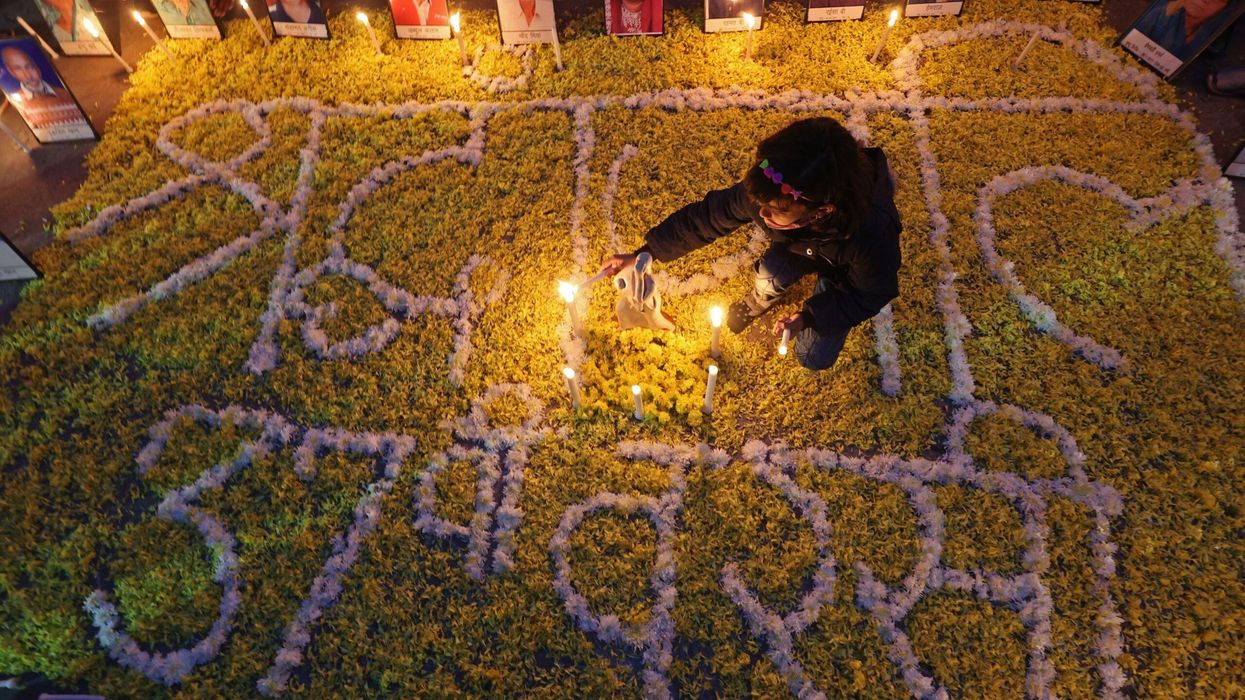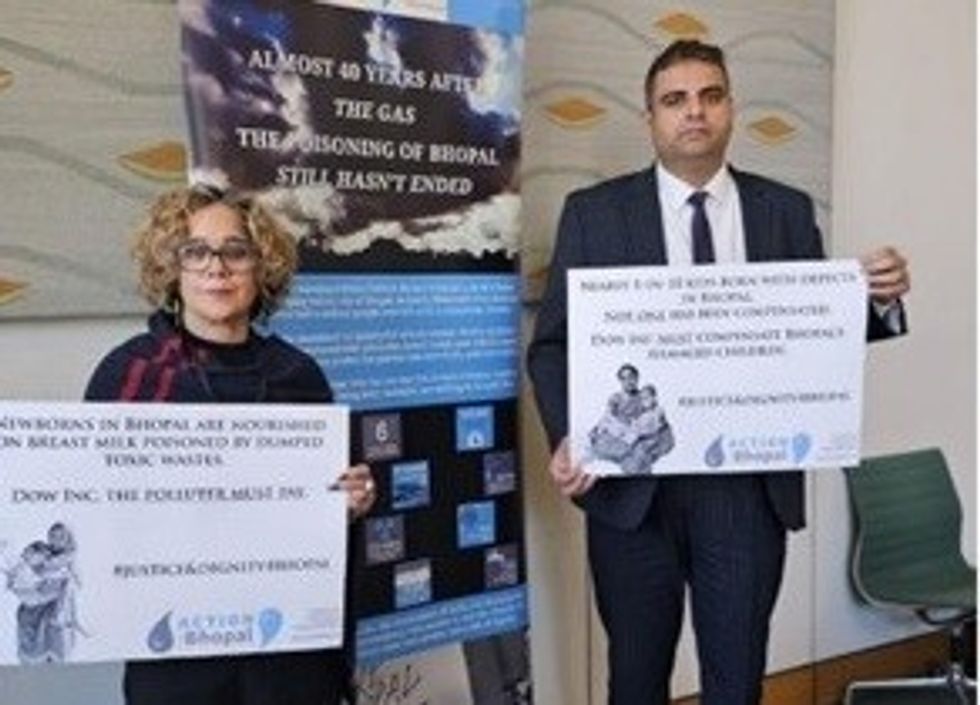Navendu Mishra Stockport MP recently hosted an event at Portcullis House in the House of Commons, to mark the 39th anniversary of the tragic Bhopal disaster in the state of Madya Pradesh, India. The catastrophe, stemming from a gas leak on December 2, 1984, at the Union Carbide Gas Plant in Bhopal, claimed numerous lives and left lasting consequences.
Teaming up with Action for Bhopal, Mishra invited fellow parliamentarians to honour the victims and advocate for Dow Chemicals to take responsibility by cleaning up the site and ensuring adequate compensation for all affected individuals, a press release from Mishra's office said.
On December 2, 1984, a defective tank at the Union Carbide factory in Bhopal began leaking 27 tonnes of lethal gas, exposing half a million individuals. Tragically, this incident led to the deaths of 25,000 people, while 120,000 others still endure severe health issues as a consequence.
Despite Dow Chemical Company assuming Union Carbide's assets in 2001, they have consistently neglected to address local pollution or offer fair compensation to the victims.
Consequently, the site continues to pose health hazards to residents, with lingering toxins contaminating the local water supply.
Action for Bhopal persists in their efforts to pressure Dow Chemical Company, the current accountable entity, to take action regarding this environmental calamity.
Their mission remains centered on urging Dow Chemical to rectify the situation and adequately compensate the victims.
Mishra has been an advocate for the campaign, garnering support from the Trades Union Congress and UNISON. His efforts include authoring two Early Day Motions (EDM) in 2020 and 2022, and orchestrating a Westminster Hall debate in the House of Commons last year.
Additionally, Labour MP Virendra Sharma introduced a new EDM on this subject on November 28th, 2023.
Speaking about the tragic incident, Mishra said, “In Bhopal for nearly four decades some of the world’s poorest people have been fighting one of the world’s richest corporations for justice. This catastrophe has damaged the environment of the region and the livelihoods of so many people. Today, that fight is as urgent as ever, and we must support them in their campaign.”
While Action for Bhopal stated, “Had Bhopal happened in the Global North Dow Chemical would no longer exist. After its Deepwater Horizon oil spill in the Gulf of Mexico - which killed 14 people - BP paid out $65 billion in civil and criminal penalties.
“Bhopal has so far cost Union Carbide 43 US cents per share on pre-tax profits for one year’s dividends. The survivors of Bhopal are of no less value than any other. It’s beyond time that Dow paid adequate compensation, cleaned up its mess, and finally submitted to manslaughter proceedings, which it and Union Carbide have been evading for a total of 34 years.”





